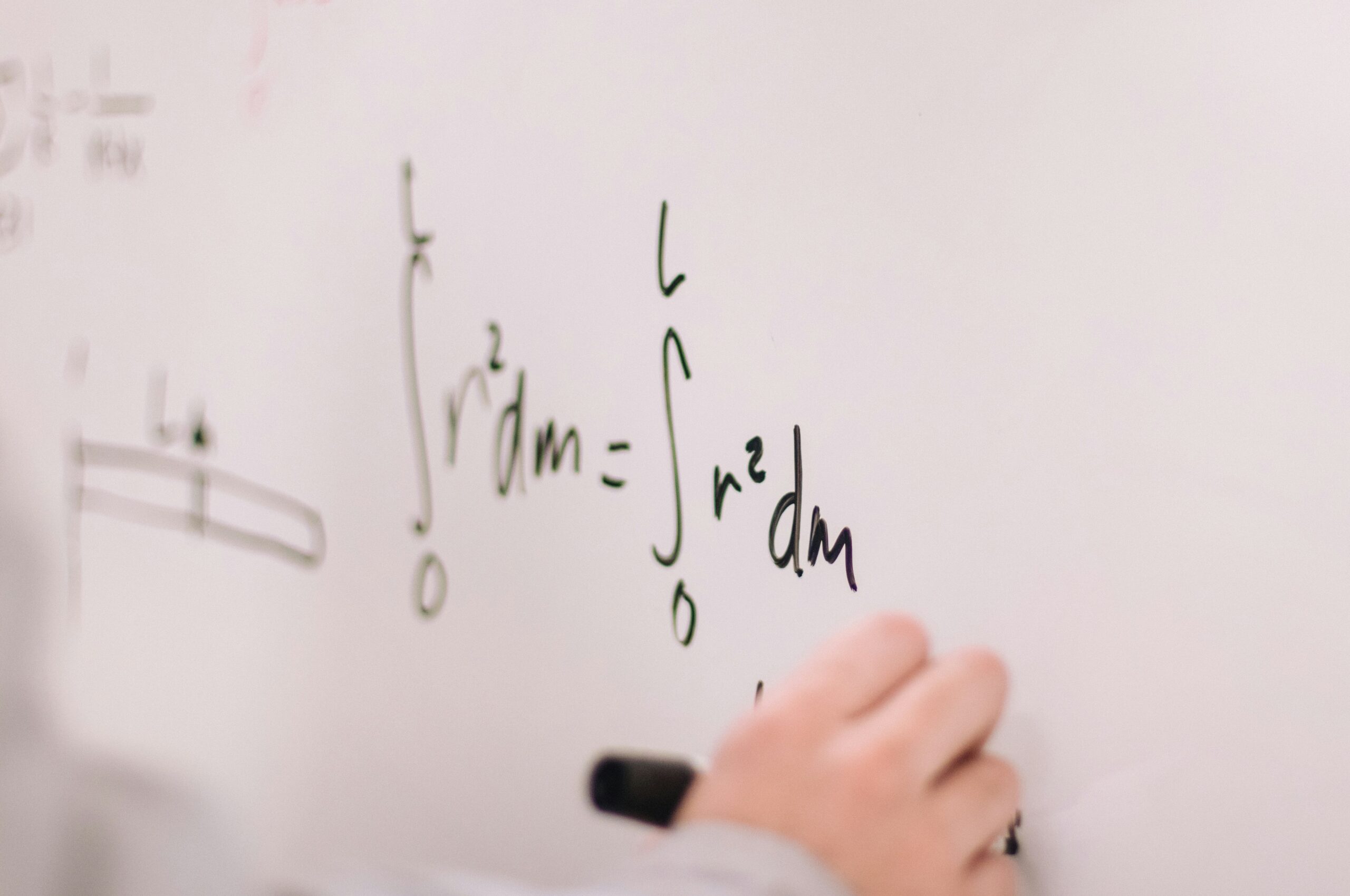Mastering VCE Maths Methods isn’t just about learning new concepts—it’s about refining your problem-solving techniques, strengthening foundational skills, and improving exam strategies. While SACs focus on class content, exam success requires a deeper level of understanding, accuracy, and efficiency.
Here’s a structured study plan to help you prepare effectively for SACs and final exams.
1. Strengthen Your Content Knowledge
Before diving into practice exams, ensure you have a solid grasp of all key concepts. A strong conceptual understanding will help you solve problems more efficiently and avoid common pitfalls.
- Review the study design – Identify gaps in your knowledge and focus on areas you find challenging.
- Use reliable resources – Supplement your learning with tutorials from Khan Academy, Edrolo, and past VCAA papers.
- Revisit past SACs – Analyse your mistakes and take note of patterns. Were they conceptual errors, miscalculations, or misinterpretations of the question?
💡 Tip: Keep a "Mistake Log" where you write down errors from past SACs and exams. Categorising mistakes helps identify areas that need improvement.
2. Master Your Problem-Solving Methodology
Writing clear, logical solutions is essential for securing method marks. Even if you get the final answer wrong, showing proper working can help you gain valuable marks.
- Use structured notation – Write step-by-step solutions to improve clarity and reduce errors.
- Avoid shortcuts – While calculator skills are essential, don’t skip algebraic working steps, especially in Exam 2.
- Practice 2-mark and 3-mark questions – These questions often require more than just an answer—you must show a method to earn full marks.
- Simulate exam conditions – Time yourself when completing practice questions to build confidence under pressure.
📝 Tip: Have a dedicated notebook for step-by-step solutions to past exam questions. This will help refine your approach and develop an efficient problem-solving strategy.
3. Build a Strong Algebraic Foundation
Many students struggle with algebraic manipulation, even in Year 12. Strengthening these fundamental skills can make solving complex problems faster and easier.
- Rearrange equations fluently – Can you confidently isolate variables in sin(x) = cos(x)?
- Manipulate fractions and surds – Simplifying algebraic fractions is crucial for calculus, especially integrals.
- Practice solving inequalities – These often appear in functions and probability questions.
🧠 Tip: If algebra feels like a weak spot, dedicate time each week to pure algebra practice. A strong foundation here will make solving complex problems much smoother.
Final Study Plan for Exam Success
🔹 Weeks 1-2: Revise content, identify weak areas, and complete textbook exercises.
🔹 Weeks 3-4: Work through past SACs, focus on algebra, and refine your problem-solving approach.
🔹 Weeks 5-6: Complete timed practice exams, review errors, and practice under exam conditions.
🔹 Final week: Prioritise targeted revision, work on exam technique, and ensure you are well-rested.
Final Thoughts
Success in VCE Maths Methods isn’t just about practice—it’s about practising smart. Focus on conceptual understanding, structured problem-solving, and foundational algebra skills. By following this structured plan, you’ll improve both your accuracy and confidence leading up to the exam.




